Video games. Is it all bad?
Video games have always caused a lot of controversy. Quite often they are mentioned in the context of violence, waste of time, addiction, obesity of children and so on. But this is only one side of the coin. The video game industry is estimated at $ 20 billion. So, maybe at least some small part of this money still makes the world a better place?
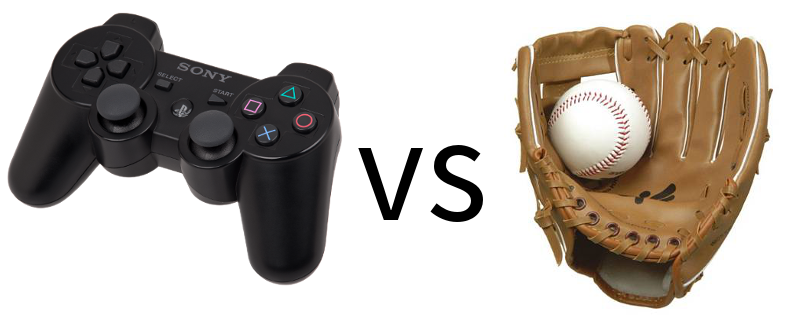
Most video games can carry various benefits, both educational and physical. There is an opinion that video games have the same effect as reading a book or riding a roller - when the brain processes new information, thousands of new connections are formed. On top of that, games motivate you to progress and continually improve your skills.
Action gamers make decisions 25% faster.
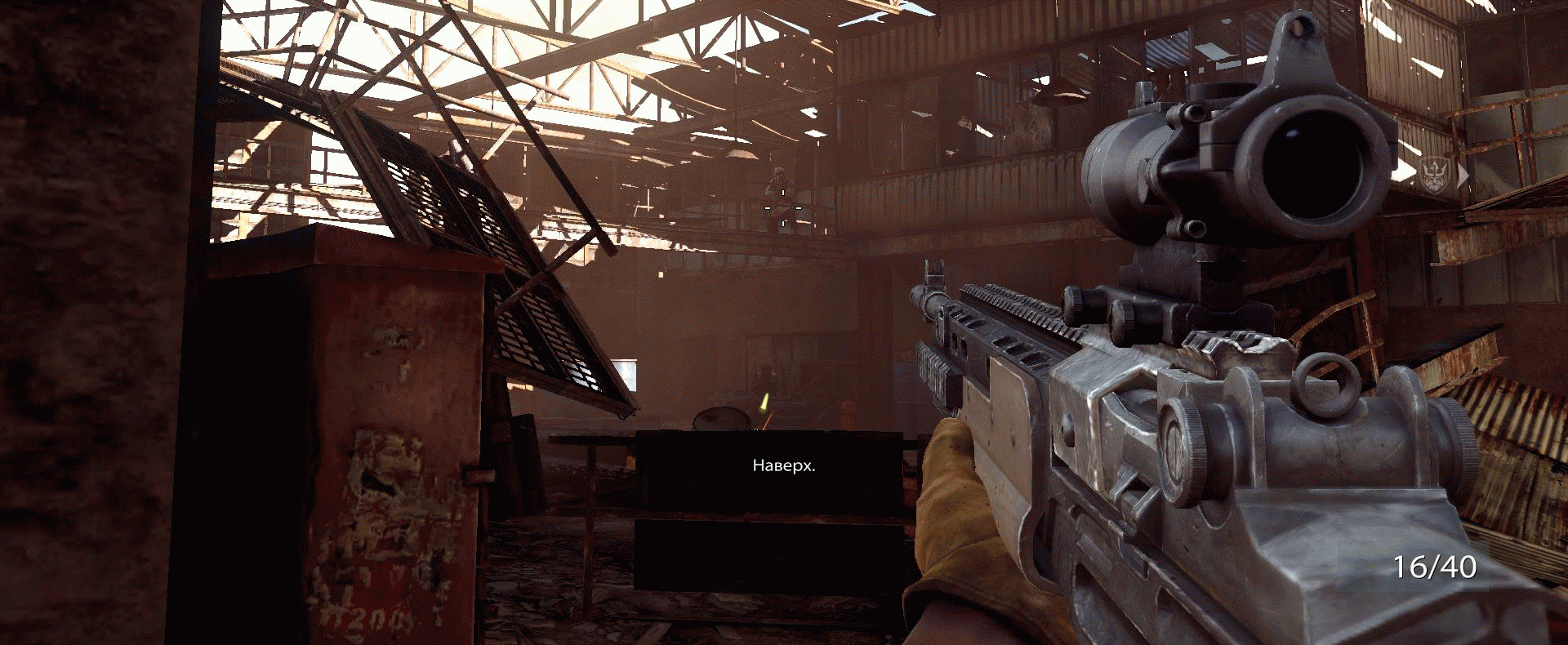
Games, the story in which develops quickly, make you think faster, to avoid being killed. According to scientists from the University of Rochester, such players evaluate the environment better and faster, and are able to make decisions faster. Once a study was conducted by scientists in which players aged 18 to 25 years took part. As part of the study, participants were divided into two groups: the first group spent 50 hours playing the shooters CoD and Unreal Tournament, the second - in The Sims strategy. Action participants made decisions 25% faster in situations not related to video games. Players shooters made more correct decisions per unit of time. When you are a surgeon in real life, it can really make a difference in a critical situation.
')
Playing video games, surgeons improve their laparoscopic skills.

The Nintendo Wii game enhances the skills needed for laparoscopic surgery. According to a study published in the journal PLOS One , doctors who spent one month playing Wii Tennis, Wii Table Tennis, or High Altitude Battle show the best results in simulated tasks whose aim is to check eye-hand coordination and movement accuracy. Thus, the Nintendo Wii can be adapted to the needs of public educational institutions or at home by younger students-surgeons for the purpose of additional training before performing real procedures.
Children with dyslexia improve their reading skills after video games.
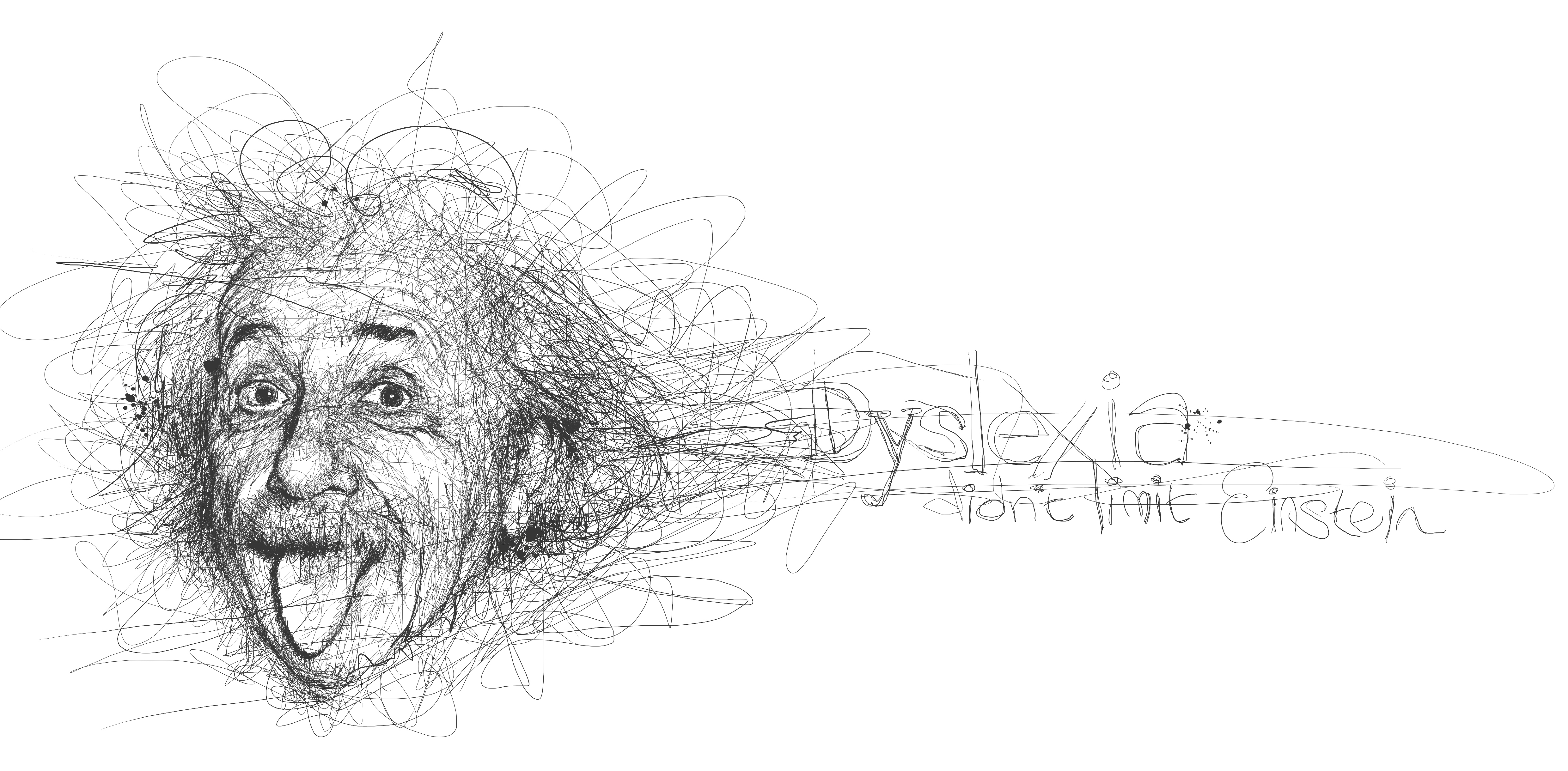
A study published in the journal Current Biology found that video game action helped children with dyslexia read faster and with greater accuracy. Twelve hours of playing an action game improved the reading speed of children without any loss in accuracy, which turned out to be a better result than a year of non-systemic read development training or equivalent to a year of special reading programs with highly qualified specialists. By increasing attention span, video games help improve reading skills.
Video games can tell us about biological processes.

Video games are not just for fun, they can also help solve educational and scientific problems, according to scientists at Stanford, whose work was published in the journal Lab on a Chip . They have developed a collection of action games that can tell people about biological processes. Games suggest a unicellular organism contained inside a square chamber with liquid. The player interacts with the body by applying an electric field using hand-held devices that resemble a video game controller. Since the response of the organism is real, and not modeled, games can tell players about micro-organismic behavior, diffusion, and other biophysical processes.
Cancer patients who play video games have more positive predictions.
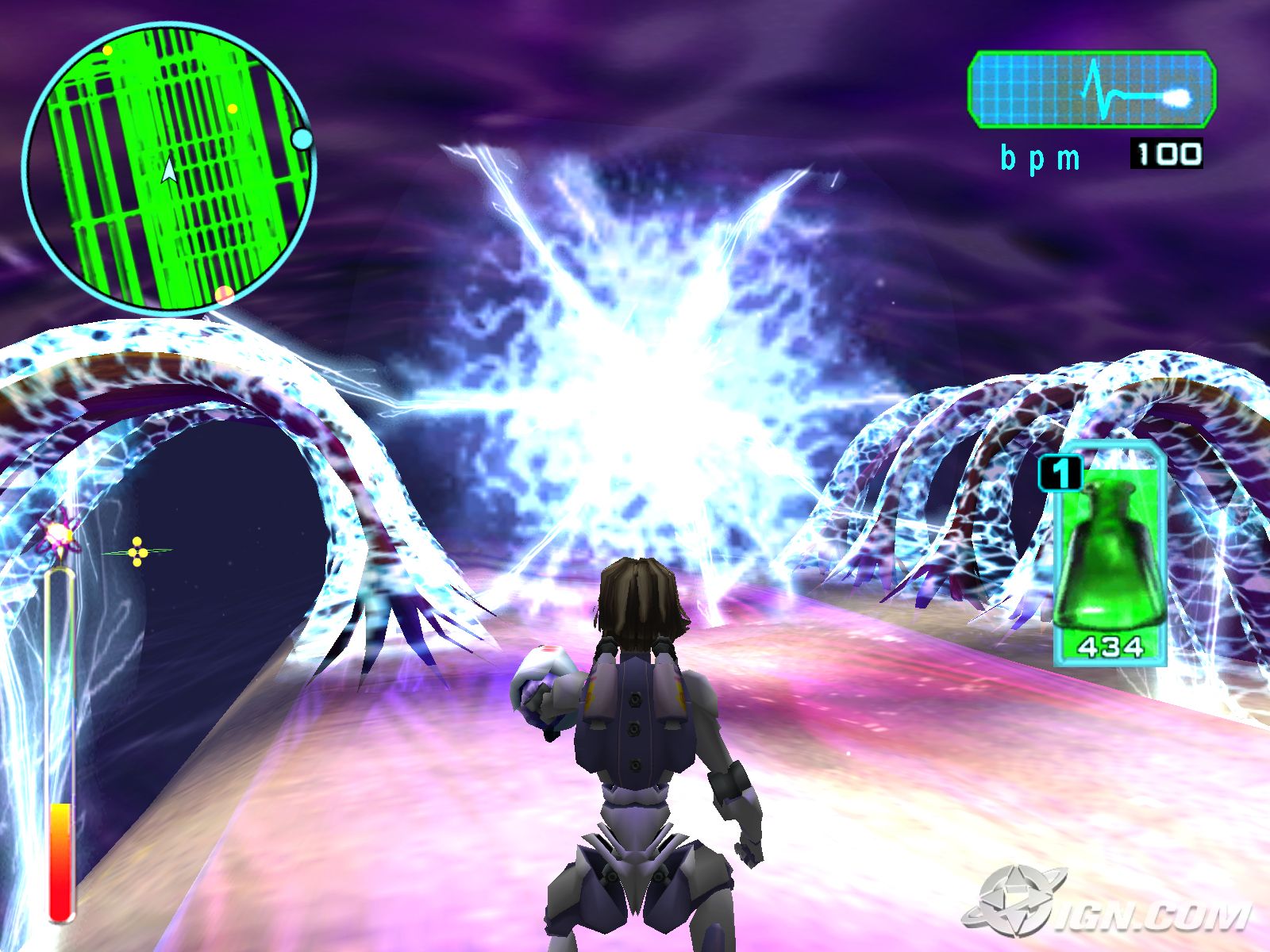
Re-Mission is a third-person shooter game created by HopeLab to help young people with cancer. In a shooter, players control a nanobot called Roxxi, which rushes through the human body, fighting cancer with various types of weapons, such as a radioactive pistol. Players must also monitor the patient's health by learning about the different forms of treatment and how they work. The 375 patients who participated in the study began taking their antibiotics more systemically, and were more likely to follow chemotherapy than others. Players learned more about cancer, and had a stronger faith in their abilities to heal.
Racing games improve memory and concentration in the elderly.
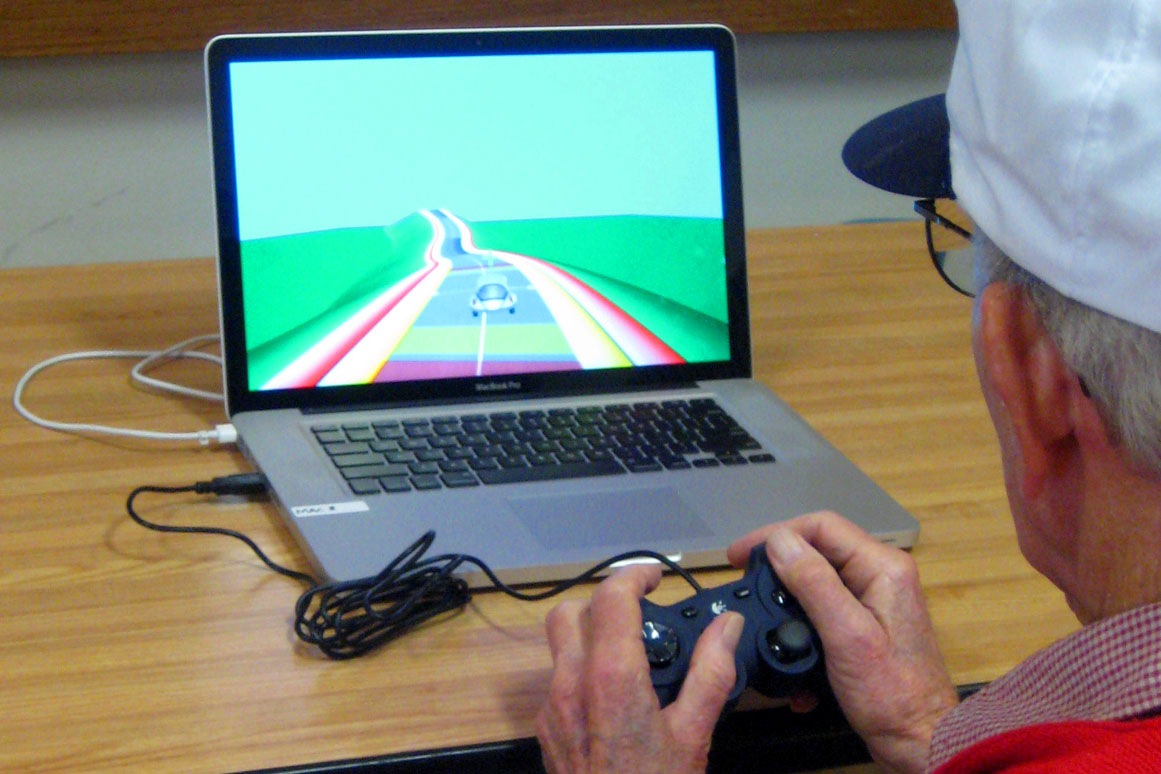
In a study published in the journal Nature , scientists found that interacting with traffic and simultaneously making decisions on road signs can improve short-term memory and long-term concentration in older people. A group of elderly people aged 60 and 85 played a game called Neuro Racer for 12 hours a month. After six months of play, older people began to cope better with multi-tasking, memorized more information in the short run, and had more developed attention skills.
Video games can stimulate physical activity.
The endless hours spent in front of a computer screen, of course, do not lead to weight loss. But a new generation of video games called Exergames can make lazy people move. Endocrinologist Stanley Hsia is currently studying whether people who play Dance Dance Revolution, a game in which players have to move their legs to the beat with signals on the screen, can have lower risk of getting two types of diabetes than people who train on a treadmill track. Video games can be a more effective method for changing lifestyle. In a study conducted at Indiana University, people who received counseling through a workout game called Second Life had more positive changes in healthy eating and physical activity than people who went to a traditional gym, although weight loss was the same in both groups.
Video games can help people with burns cope with pain.
Researchers at the University of Washington are experimenting with virtual games, as with a real opportunity to distract patients with burns from pain.
Being involved in the gameplay, patients spend most of their attention on the game, thereby leaving their brains with less opportunity to handle pain signals.
In a preliminary study, two patients with severe burns played Nintendo while doctors treated their wounds. Both patients reported significantly less sensitivity to pain during play.
Preschoolers who play video games, get the best motor skills.

A small study at Deakin University in Australia found that children aged 3-6 years old who played interactive games like the Wii had more motor skills than those who played ordinary video games. This includes skills such as hitting, catching, throwing the ball.
It is likely that electronic games improve hand-eye coordination.
Something good can still be learned from the video game industry ...!
Source: https://habr.com/ru/post/193714/
All Articles